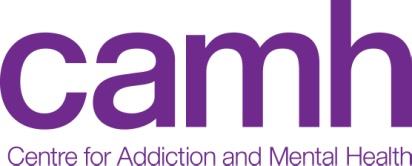
Drug-Taking Confidence Questionnaire (DTCQ): Drug Questionnaire
Non-Confidential Summary
Market Need
Measures a client’s confidence in the same 50 risk situations.
Technology Description
The Drug-Taking Confidence Questionnaire (DTCQ), a companion tool to the IDTS, allows substance use counsellors and researchers to identify a client’s self-efficacy in relation to 50 drug-taking situations. The DTCQ can be administered:
- at assessment, to aid treatment planning
- during and at the end of treatment, to monitor a client’s progress, or
- post-treatment, as an indicator of treatment outcome.
- Measures up to three different drugs
The DTCQ is flexible, effective and easy to use. It consists of two separate questionnaires: one pertaining to alcohol and one pertaining to other substances of abuse. Clients using the DTCQ report how confident they are that they would be able to resist the urge to drink heavily or use a particular drug in each of the same 50 risk situations.
Stage of Development
Validated.
Advantages
The DTCQ is flexible, effective and easy to use.
Notable Publications
Sklar, S.M., Annis, H.M. & Turner, N.E. (1997). Development and validation of the Drug-Taking Questionnaire: A measure of coping self-efficacy. Addictive Behaviors, 22(5), 655-670.
Sklar, S.M. & Turner, N.E. (1999). A brief measure for the assessment of coping self-efficacy among alcohol and other drug users. Addiction, 94, 723-729.
Sklar, S.M., Annis, H.M. & Turner, N.E. (1999). Group Comparisons of Coping Self-Efficacy Between Alcohol and Cocaine Abusers Seeking Treatment. Psychology of Addictive Behaviors. 13(2), 123-133.
Vasconcelos, S. C., Sougey, E. B., da Silva Frazão, I., Turner, N. E., Ramos, V. P., & da Costa Lima, M. D. (2016). Cross-cultural adaptation of the drug-taking confidence questionnaire drug version for use in Brazil. BMC medical research methodology, 16:55, 1-10.
For more information contact:
Dr. Klara Vichnevetski
Director, Industry Partnerships & Technology Transfer
(416) 595-6056
Centre for Addiction and Mental Health
33 Russell Street, Suite 4039
Toronto, ONT, CDA M5A 2S1
